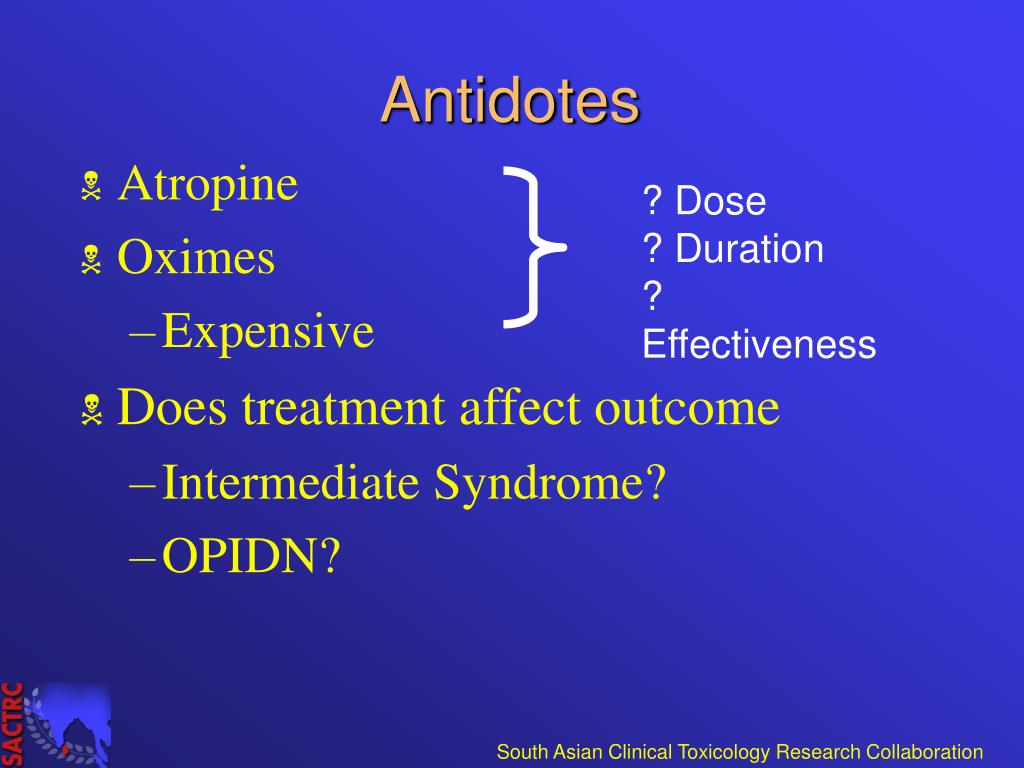

Vitamin K occurs in two bioactive forms, vitamin K1, and vitamin K2. Recent research has linked vitamin K deficiency to issues with osteoporosis and cystic fibrosis. Vitamin K deficiency impairs the coagulation process leading to issues with bleeding. The process of vitamin K carboxylation allows the coagulation factors to bind calcium ions, which further facilitates the cascade pathways. It is a co-factor for vitamin K-dependent carboxylation, which includes various enzymes. Vitamin K is essential for the synthesis of coagulation proteins. Vitamin K is found in foods and can be a dietary supplement.

Vitamin K is a fat-soluble vitamin that affects coagulation pathways within the body. Outline interprofessional team strategies for improving care coordination and communication for improving outcomes with bleeding using vitamin K.Explain the importance of vitamin K concerning monitoring for patients on warfarin therapy, including target INR levels.Describe the contraindications of vitamin K.Identify the mechanism of action of vitamin K.This activity outlines the indications, actions, and contraindications for vitamin K as a valuable agent in managing coagulation disorders caused by warfarin or vitamin K deficiency. It is in the fat-soluble vitamin class of drugs. Vitamin K is a medication used to manage and treat bleeding due to the coagulation disorder caused by warfarin and vitamin K deficiency.


 0 kommentar(er)
0 kommentar(er)
